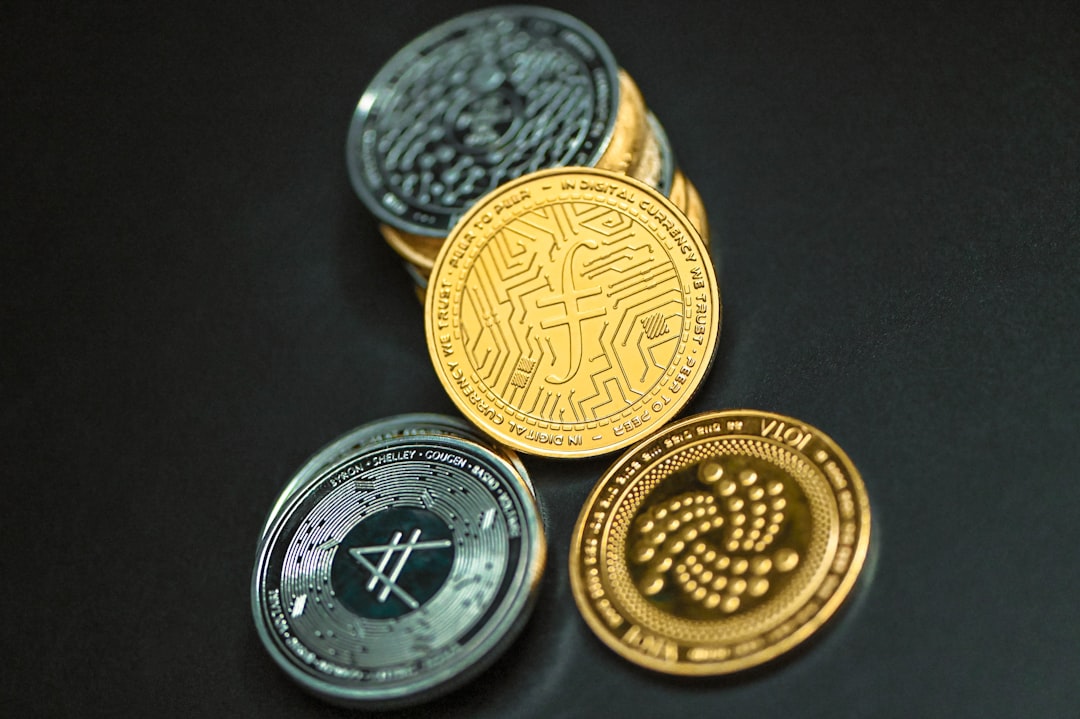
Hong Kong vs. Asia Crypto Battlefield: How Policy Dividends and Funding Frenzy Reshape the New Financial Order
Trump's 'Crypto Reserves' Rage: What's in store for Asia?
When Donald Trump shifted from the "crypto fraud theory" to the high-profile launch of the $TRUMP cryptocurrency, and even announced the establishment of a "strategic cryptocurrency reserve", the global market instantly boiled. Bitcoin, ethereum and other five major currencies that were named skyrocketed by more than 20% in a single day. This political statement not only rewrites the U.S. crypto policy, but also signals that the war for the right to speak on the blockchain in the sovereign countries has officially begun.
However, behind this frenzy lies a fatal concern - the U.S. policy requires congressional approval, and government involvement in decentralized assets may lead to regulatory conflicts. At this time, Hong Kong, far away in the East, has quietly constructed a "regulation + innovation" dual engine, becoming a strategic springboard for Asian capital to rush to the crypto market.
From ETF Icebreaker to License Revolution: How Regulatory Sandboxes Give Birth to New Financial Species
It is no coincidence that in January 2024, Hong Kong grabbed the historic title of "World's First Ether Spot ETF". Compared to the conservative attitude of Singapore and Japan, the Hong Kong government has clearly listed crypto assets as the core of technological innovation in the "2024-2026 Strategic Priorities", which shows its strategic vigor.
Institutional breakthroughs have been realized in three major lethal techniques:
- License Approval "Lightspeed: Upon the implementation of the VASP licensing regime in June 2024, the SFC creatively introduced a "three-step" expedited licensing process, resulting in a surge in the number of licensed exchanges from two to seven, and an increase in the efficiency of the vetting and approval process by 300%
- Trading tool "Full Matrix6 spot ETFs with turnover exceeding $100 million on the first day of listing, reaching $487 million as of January 2025, with Ether ETFs becoming a new favorite for institutional capital allocation.
- Seamless funding access: 31 brokers upgraded to No. 1 license, 36 asset managers broke through the 10% position limit, forming a complete ecological chain of "Exchange-ETF-Administration".
[Dark War Escalates] How Hong Kong builds a 'virtual-real bridge' as RWA tokenization kicks off a trillion-dollar race?
While the world is still debating the pricing rights of cryptocurrencies, Hong Kong is already aiming at the next blue ocean - RWA (Real World Asset Agency). The HKMA's Ensemble program, launched in March 2024, is not a simple technology experiment, but a strategic project to reorganize the financial infrastructure:
- Anchoring the Trillion Dollar Bond Market in the First Phase: Tokenization of government green bonds for 24/7 cross-border real-time settlement
- Commercial Bank Deep Binding: Bank of China Hong Kong, HSBC and other giants participate in tokenized deposit tests to bridge fiat currencies and chained assets
- Sandbox mechanism to activate innovationEnsemble Sandbox: Launched in August, Ensemble Sandbox has already incubated four major application scenarios involving trade finance, carbon trading and other real economy areas.
This combination has put Hong Kong at least 18 months ahead of Singapore on the RWA circuit, with VT Markets estimating that the tokenized bond market alone will bring over US$10 billion of incremental capital to Hong Kong by 2025.
Risks and Opportunities: The Rules of Survival in a Highly Volatile Market
Despite the relatively well-established regulatory framework in Hong Kong, investors need to be wary of three major pitfalls:
- Policy arbitrage riskUS "Strategic Reserve" may trigger a global regulatory race, Hong Kong needs to dynamically adjust regulatory boundaries
- Technical Black Swan51% Attack Costs Reduced to One Thousandth of Traditional Financial Systems after Ethernet Switch to POS Mechanisms
- The Mobility TrapAverage daily turnover of spot ETFs is still less than 5% of similar products in the US, which may result in pricing distortion under extreme market conditions.
In this regard, the VT Markets research team recommends a "core-satellite" strategy: allocate 70% positions to regulated ETFs and licensed platform spot, and 30% to volatility arbitrage or RWA-related derivatives.
Who will dominate the crypto industry in Asia?
While Tokyo is still grappling with the details of STO (securities-based token) compliance, and Singapore is struggling to balance innovation and financial stability, Hong Kong has already attracted top exchanges such as HashKey to relocate its Asian headquarters to the city by virtue of its unique advantage of "regulatory certainty x technological foresight". From Trump's policy frenzy to Hong Kong's innovative closed loop, the nature of this crypto war is actually a generational change in financial voice. And at the critical juncture of 2025, all signs point to the same conclusion - whoever wins Asia wins the future, and whoever wins Hong Kong wins Asia.
Disclaimer: The contents of this article are for informational purposes only and should not be construed as any form of promotion, investment advice, or invitation, solicitation or recommendation of any investment product.
The contents of this article have been reprinted.offensiveIf there is anything wrong, please contact us and we will remove it immediately, thank you.
Readers should make their own assessment and seek professional advice.





